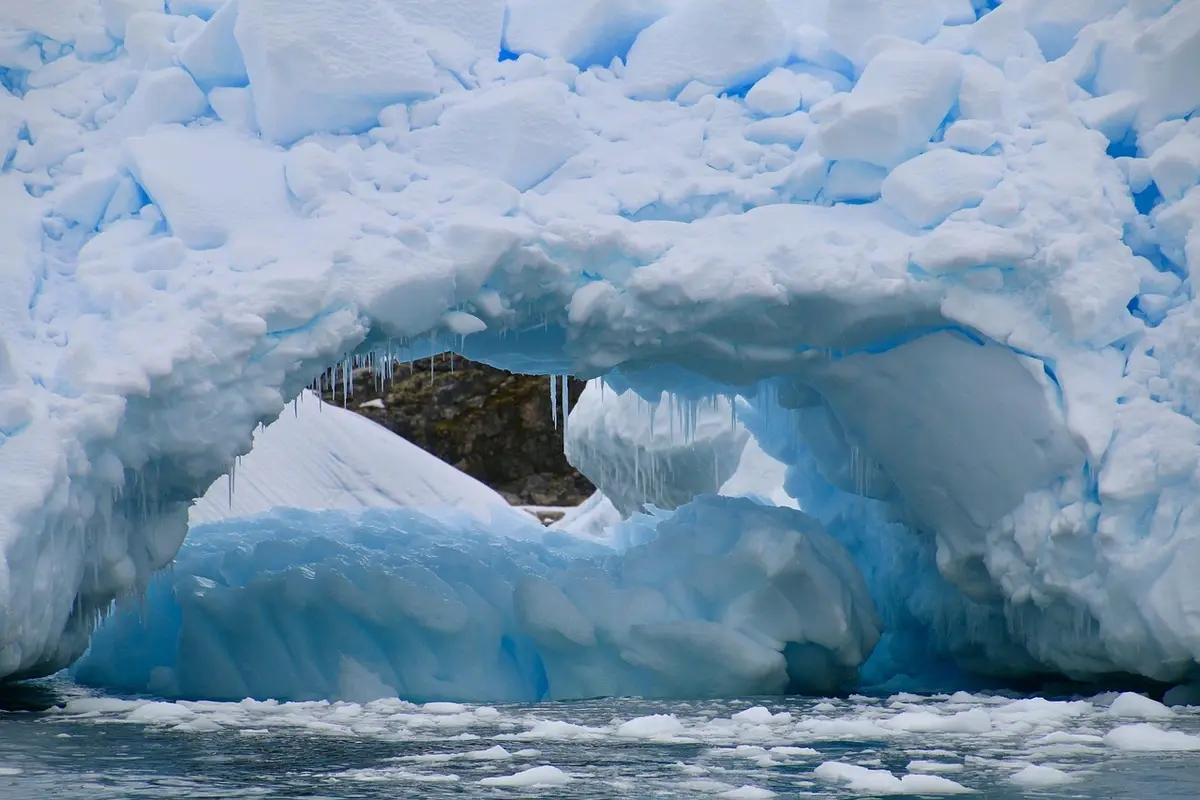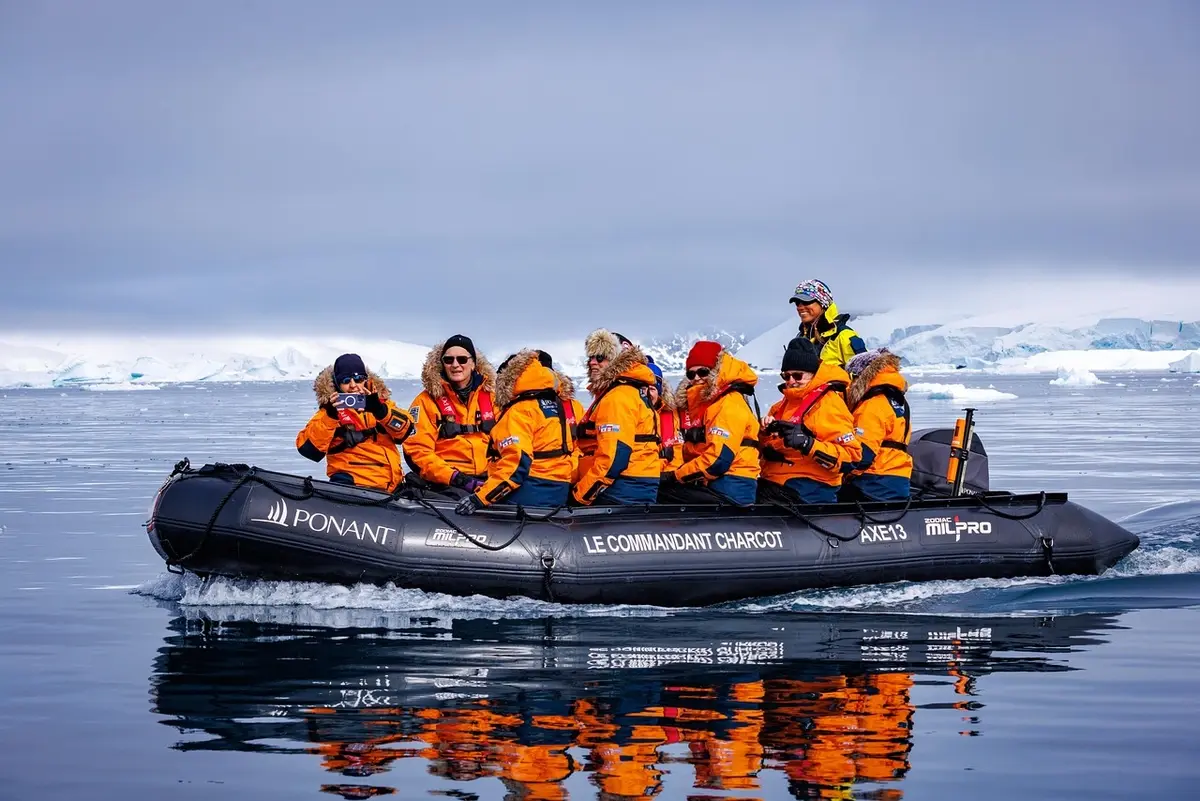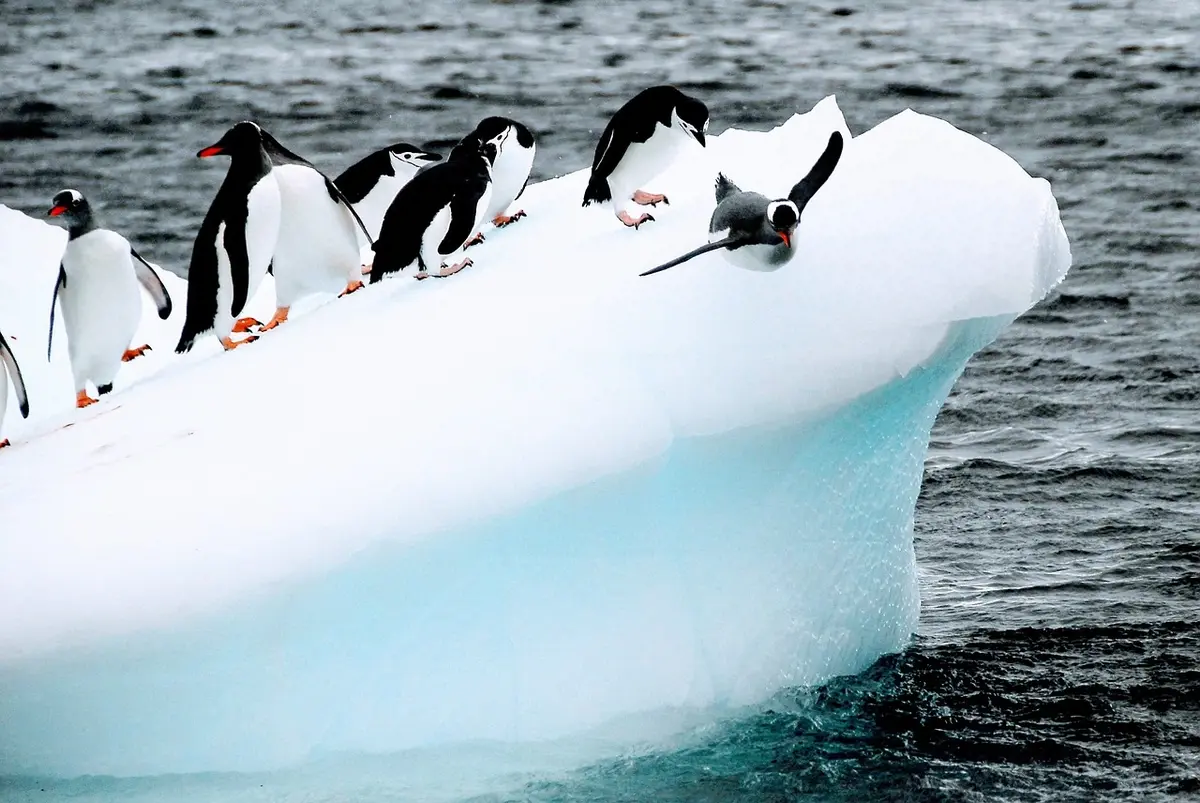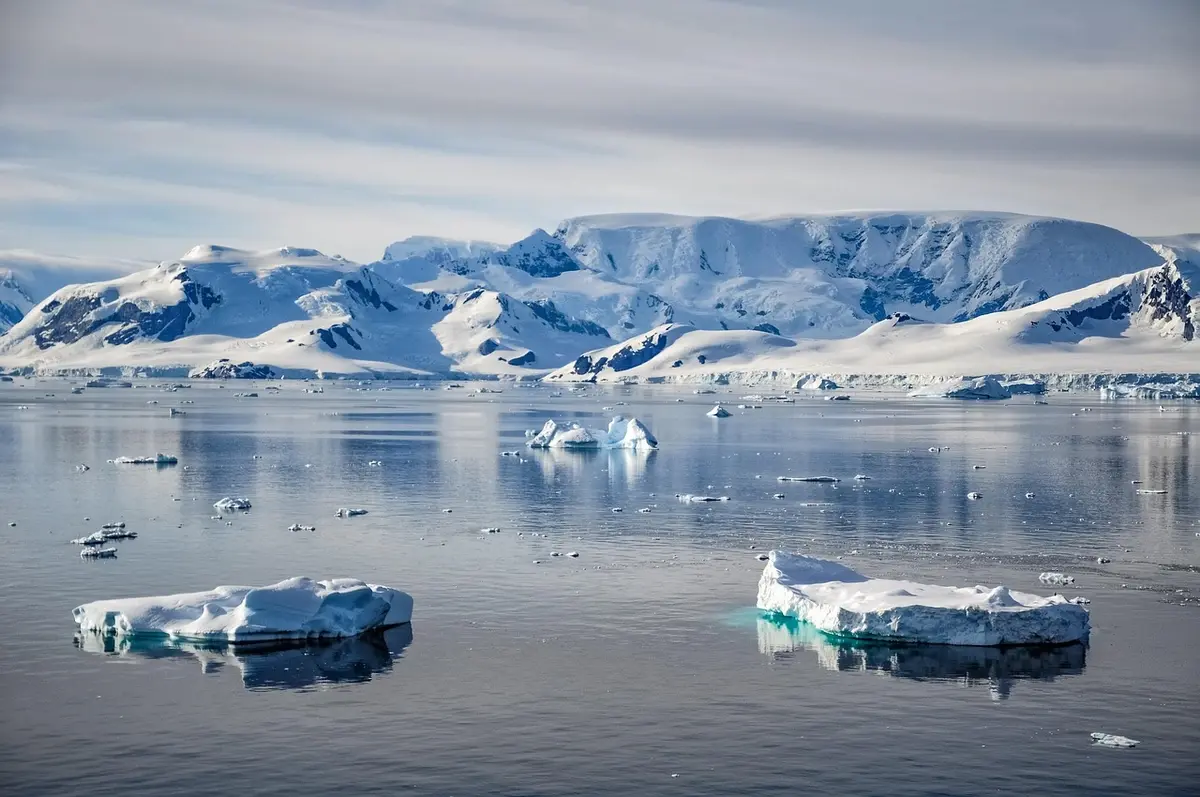 Sea ice is rapidly diminishing, shelf are melting faster, the ice sheets covering the continent are nearing a critical point, and vital ocean currents are slowing down.
Sea ice is rapidly diminishing, shelf are melting faster, the ice sheets covering the continent are nearing a critical point, and vital ocean currents are slowing down.
This alarming news comes from a study published in the journal Nature by researchers from the Australian National University, James Cook University, Monash University, and the University of New South Wales. They believe that the changes occurring in Antarctica and the Southern Ocean surrounding it will significantly intensify in the future.
Scientists witnessed these striking changes during field research on the ice. What they observed carries dire implications for wildlife. Everything happening in will impact the future of Earth, with upcoming generations facing extreme shifts in the climate system and rising sea levels.

Drastic Changes: A Ticking Time Bomb
Scientists typically refer to drastic changes as climate or ecological shifts that occur more rapidly than expected. Such changes raise concerns because they can exacerbate existing issues. For instance, the melting of contributes to faster ocean warming, which in turn leads to the melting of even more sea ice. Once these changes occur, they are extremely difficult, if not impossible, to reverse.
The team found that, in recent decades, the Antarctic environment has responded to anthropogenic global warming much less dramatically than the Arctic. However, about a decade ago, drastic changes began to take place at the South Pole.
Sea Ice Decline Triggers a Cascading Reaction
The natural systems of Antarctica are intricately interconnected. When one loses balance, it triggers a cascading effect in others.
The area of sea ice around Antarctica has been rapidly shrinking since 2014. Sea ice here is melting twice as fast as in the Arctic. These unprecedented changes extend far beyond the natural variability observed in past centuries.
According to the team, emperor and other species that depend on sea ice for their habitat and breeding are facing real threats. The reduction in sea ice also means that the Antarctic ice shelves are more vulnerable to wave action.

Vital Ocean Currents Are Slowing Down
The melting ice is actually slowing down the deep-water circulation of the ocean around Antarctica. This system of deep currents, known as the Antarctic circulation, plays a crucial role in regulating Earth’s climate by absorbing carbon dioxide and distributing heat.
Meanwhile, in the Northern Hemisphere, the Atlantic Meridional Overturning Circulation is also slowing down. We are now observing a similar risk in the Southern Ocean. Changes in the Antarctic circulation could occur twice as fast as in the North Atlantic region. This will have serious consequences for marine ecosystems, as noted by Science Alert.
Melting Giants
The West Antarctic Ice Sheet and some regions of East Antarctica are currently losing ice, contributing to rising sea levels. Since the 1990s, ice loss from this ice sheet has increased sixfold.
Scientists have pointed out that it contains enough ice to raise the by more than 5 meters. This means the planet is approaching a point where the West Antarctic Ice Sheet could collapse even without significant further warming.
At least 750 million people worldwide live in low-lying coastal areas. Rising sea levels threaten coastal infrastructure and populations globally.

Wildlife and Ecosystems at Risk
The biological systems of Antarctica are also undergoing abrupt changes. Both underwater and terrestrial ecosystems are restructuring due to warming, unstable ice conditions, and human activities, leading to pollution and the introduction of invasive species.
Current conservation efforts are insufficient for the survival of emperor penguins and leopard seals. More decisive actions from the global community are needed to reduce greenhouse gas emissions.
What’s Next?
Antarctica has typically been viewed as a symbol of isolation and stability. However, the continent is now changing at an alarming rate—far faster than scientists had anticipated.
These drastic changes are largely driven by excess heat that has accumulated over decades due to uncontrolled greenhouse gas emissions. The only way to avoid further drastic changes is to significantly reduce emissions quickly to keep warming as close to 1.5 °C as possible.
And even if this is achieved, many changes have already begun. Humanity must be prepared for extreme events. What happens in Antarctica will have repercussions for the entire planet.
Photo: pixabay.com
